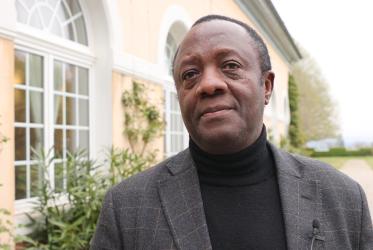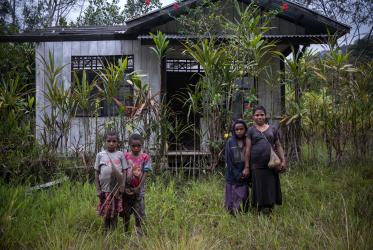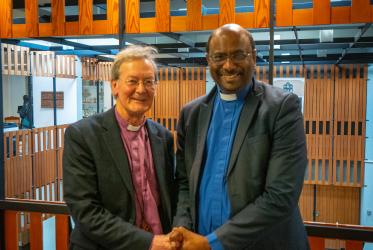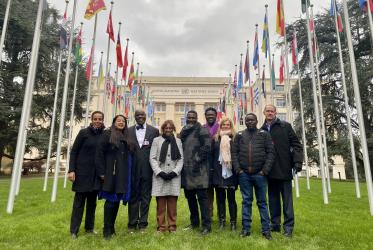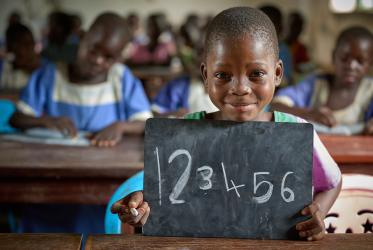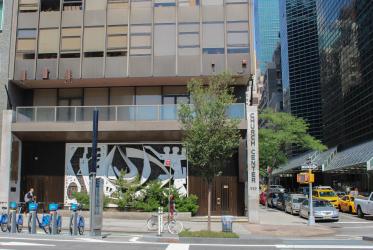Displaying 41 - 60 of 153
Clewer Initiative, WCC map course for even stronger collaboration
02 February 2023
HIV and AIDS Civil Society Networks and the Faith Sector
Lessons Learnt from Strategic Engagement in India, Dominican Republic, Indonesia, and Jamaica
31 January 2023
As Bethlehem prepares for Christmas, ‘it’s all about community’
08 December 2022
WCC helps churches connect with UN on racial justice issues
09 November 2022
In New York City, the spirit of Thursdays in Black is thriving
06 October 2022
Assembly workshop looked toward ending AIDS epidemic by 2030
19 September 2022
Ukraine: Responding to humanitarian need
08 September 2022
